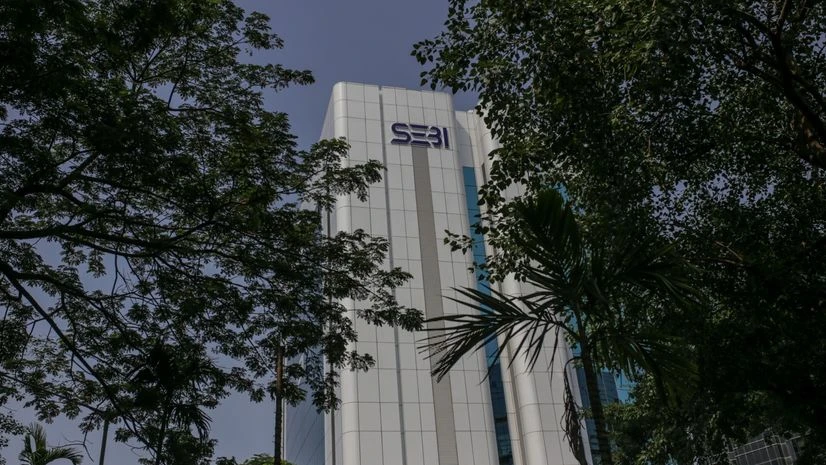By Ashutosh Joshi
The explosion in retail participation in India’s booming stock market is raising alarms from both the government and the regulator as concerns grow about household savings being redirected to speculative activities.
A study released by the Securities and Exchange Board of India on Wednesday revealed that seven out of 10 intraday trades in the cash equity market made losses in the year ended March 2023. These findings are consistent with the regulator’s study last year, which found that nine out of 10 active retail traders lose money on derivatives.
The regulator has repeatedly urged small investors to resist their instinct to make a quick buck from trading. On Tuesday, Finance Minister Nirmala Sitharaman raised the tax rate on equity derivatives and capital gains from stock investments, seeking to curb the retail frenzy that’s propelled the $5 trillion stock market to a record high.
“The futures and options segment is important in the discovery of price but the government doesn’t want to promote speculative trading at the retail level,” Sanjay Malhotra, India’s revenue secretary said in an interview on Thursday.
India’s main stock index has more than tripled from the Covid-era lows in 2020, fueled by the influx of retail investors, especially in the high-risk futures and options segment. That has driven up the country’s equity derivatives volumes to the highest in the world.
More From This Section
“The concern is that people will lose savings and that will affect their consumption pattern and longer term capital formation,” said Abhishek Banerjee, founder and chief executive officer of Lotusdew Wealth and Investment Advisors Pvt. “Its a macro issue, not just leverage issue.”

)